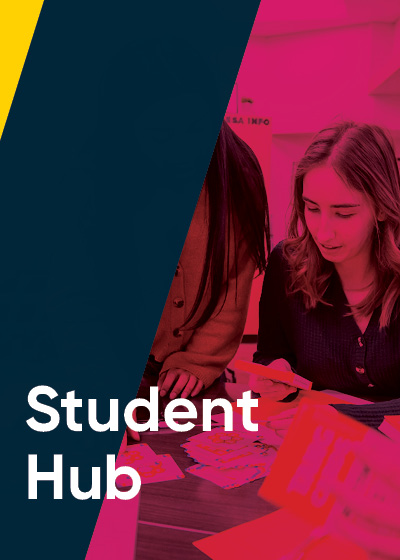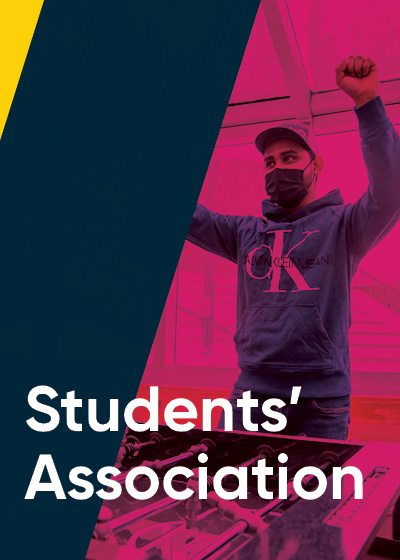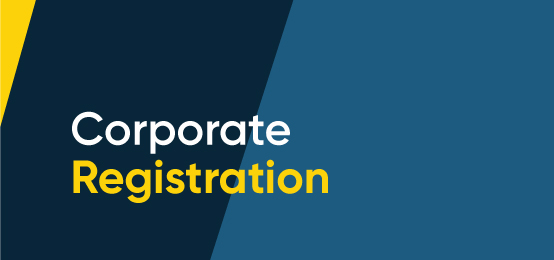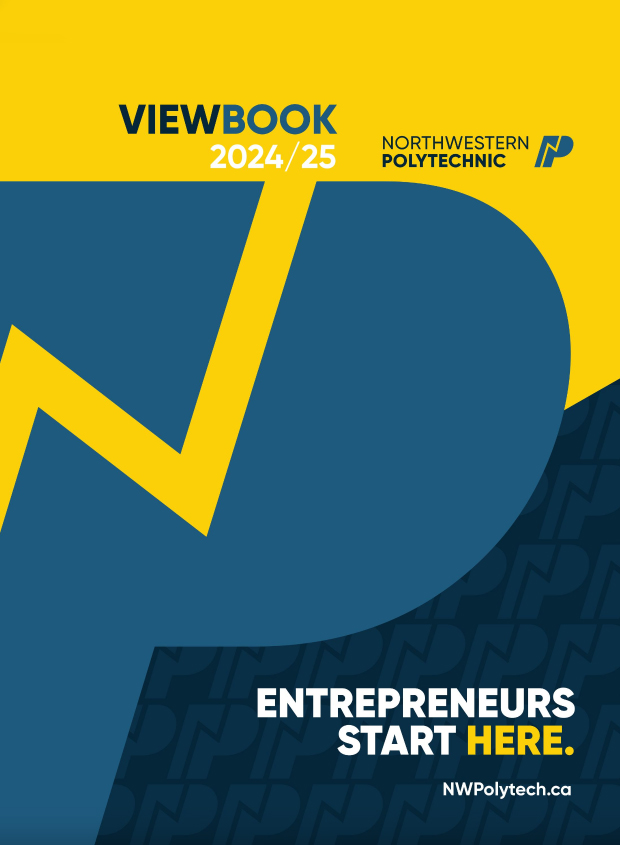Information For NWP Researchers
Northwestern Polytechnic can support your research in the following ways:
- Support and guide the proposal development process
- Support relationship management with industry, academic, and community research partners
- Help you organize knowledge transfer seminars, field days, or workshops
- Provide training and support on research ethics, data management, grant writing, and more
- Support the hiring of student research assistants
- Help you access and manage research funds
How can the Learning Commons Help?
The Learning Commons can...
- Develop research questions and search strings
- Identify and evaluate the validity of academic sources
- Search for and access a variety of academic resources
- Format citations in MLA, APA, and Chicago
Tell Your Research Story
One of the most rewarding parts of research is seeing your findings be useful and used.
Consider working with the Applied Research and Innovation office to mobilize your research knowledge and develop a knowledge translation strategy. We can help you maximize your research impact, support public education initiatives, and engage in meaningful dialogue with research stakeholders.
Sharing your research...
- Makes complex research findings accessible to your partners and other stakeholder groups
- Results in stronger, more impactful research outcomes
- Allows future industry and community partners to discover NWP research
- Helps to attract highly qualified students, research staff, and teaching faculty to our institution
Contact Us
For support, please contact:
| Office of Applied Research | |
|---|---|
| Office: E401E Phone: 780-539-2078 Email: research@nwpolytech.ca Web: Visit Homepage | |
















